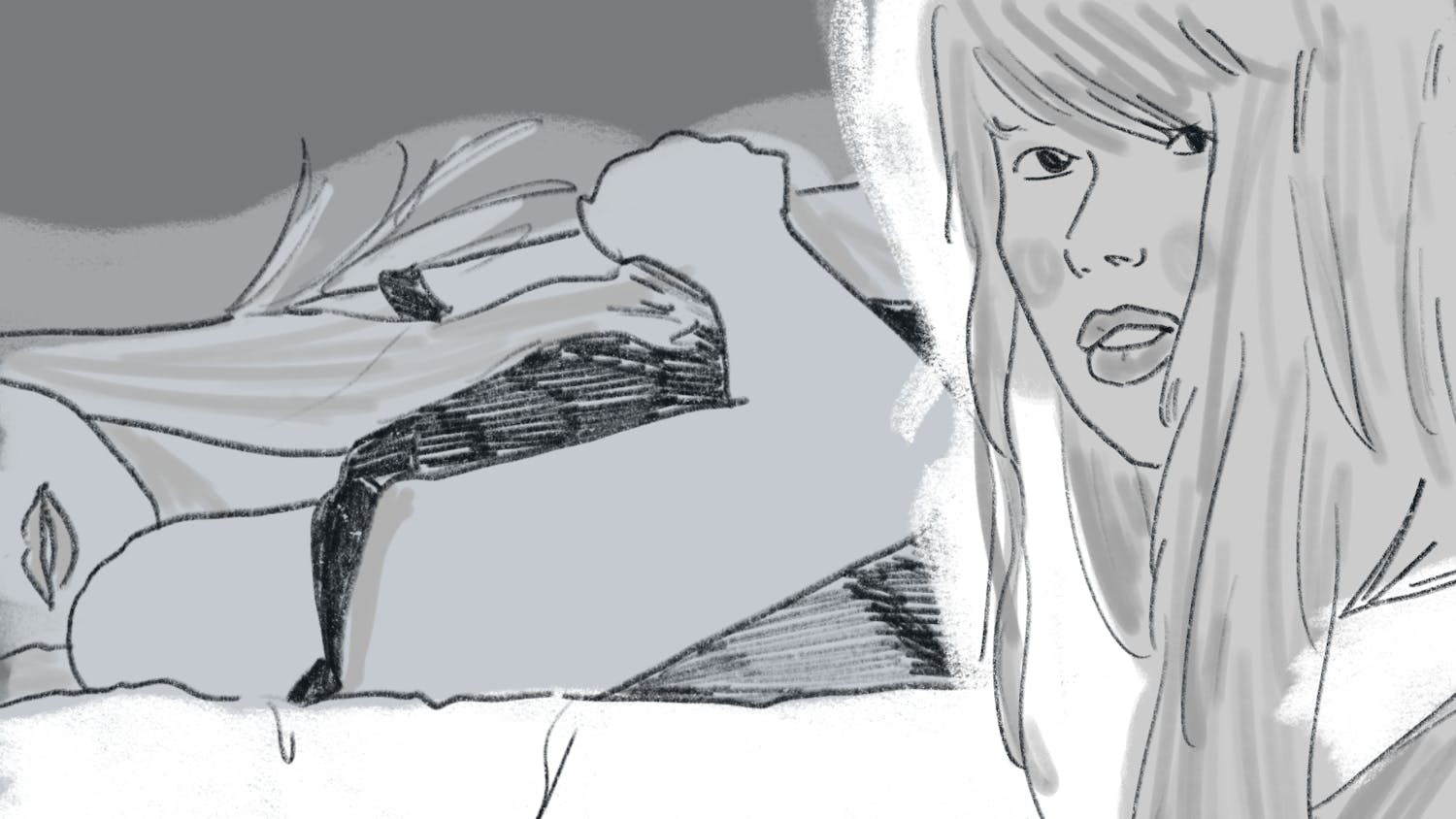Legendary French novelist Alexandre Dumas had a penchant for producing highly entertaining and action-packed writing. Along with "The Three Musketeers," Dumas' "The Count Of Monte Cristo" stands as one of his most-beloved stories.
Consequently, Hollywood filmmakers have taken every opportunity to churn out screen adaptations of Dumas' oeuvres, and the most recent example is the Kevin Reynolds-directed "The Count of Monte Cristo." Unfortunately, the film's average acting and average dialogue make for an average adventure film.
The movie stars James Caviezel as Edmond Dantes, a sailor of humble origins and honest convictions. In an effort to find medical aid for his ailing ship captain, Edmond, along with his friend Fernand (Guy Pearce), makes the dangerous venture to the island of Elba, where British soldiers stand guard over an exiled Napoleon Bonaparte.
When the two arrive on the island, Napoleon secretly gives Edmond a letter with the instructions to deliver the note to a pro-Napoleon sympathizer in Marseilles. The illiterate and nave Edmond knows nothing of the letter's contents and ramifications.
After the ship's return to Marseilles, Edmond's act of bravery in attempting to save his captain's life results in his being promoted to captain himself.
Unbeknownst to Edmond, Fernand learns of the letter and its content, and in his jealousy over Edmond's promotion and his desire for Edmond's beautiful fiance Mercedes (Dagmara Dominczyk) he turns in Edmond to the authorities for treason. Subsequently, Edmond is unfairly found guilty and sent to the hellacious prison island of Chateau D'If.
While there, Edmond encounters fellow prisoner and former priest Faria (Richard Harris), and the two conspire to escape as Edmond's insatiable desire for revenge must be fulfilled -- and just sitting around in a prison cell would make for a pretty boring movie.
The majority of the beginning and middle sections of the movie unfortunately tend to become bogged down in a predictable and formulaic plot. Even a viewer who had never read Dumas' novel or seen any of the many prior screen adaptations can typically see in advance many of the plot turns.
Capable acting and some welcome pieces of witty dialogue keep the picture afloat, but there is certainly nothing special about the early parts of the film.
The addition of the lighthearted, carefree character of Faria to the intensely bleak prison scenes can be seen as a welcome addition to the story, but the plot soon becomes embroiled in the very typical angle of the elder, wise teacher bestowing knowledge upon the initially wary, but eventually accepting, younger protg.
Faria must have received the Presidential Suite at the Chateau D'If, as he harbors an expansive collection of texts with which he is able to teach Edmond to read and write. Then he goes on to instruct Edmond in math, philosophy, languages, economics, sword fighting and logic, and we can only assume that in the edited scenes he goes on to edify his student in history, knitting, basket-weaving, baking and playing the violin.
In addition to these tutorial sessions, the two pals work hard on the daunting task of tunneling out of the prison. When Edmond finally escapes, the movie begins to pick up steam. In fact, the film succeeds when it doesn't take things too seriously, focusing less on the primal anger burning within Edmond and more on the intricate tactics he utilizes to destroy his enemies.
A key component to the entertaining final third of the movie is embodied in the character of Jacobo, Edmond's new sidekick. Jacobo is well-played by Luis Guzman, the actor known best for his role as a wise-cracking cop in "Traffic." His tough, but snide, portrayal helps move the story along at a less plodding and solemn pace.
The ending is nothing to write home about, but there are a couple nice twists near the conclusion that leave the viewer adequately satisfied.
The scenery of both the dark, dank Chateau D'If and of vibrant 19th century France is a positive, and manages to help the film seem both entrenched in that era but also relevant and applicable to a modern audience.
The dialogue, however, lacks greatly at some points, leading to some horribly clichd and formulaic lines that at times stop the film's momentum dead in its tracks. Nonetheless, the writers do produce enough powerful and amusing lines to make up for some of that deficiency.
The filmmakers had a proven story to work with, but in this case they were unable to milk its full potential.



